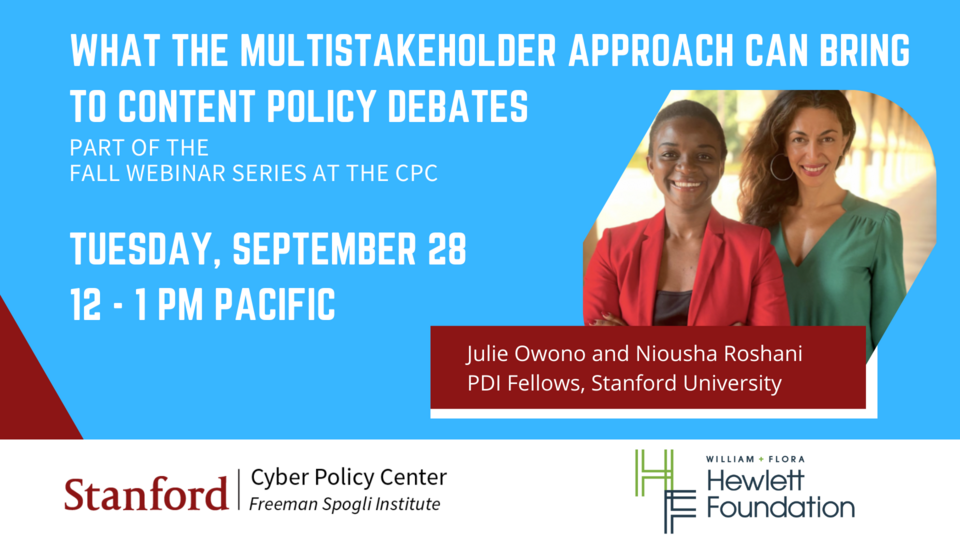The American Passport in Turkey explores the diverse meanings and values that people outside of the United States attribute to U.S. citizenship, specifically those who possess or seek to obtain U.S. citizenship while residing in Turkey. Özlem Altan-Olcay and Evren Balta interviewed more than one hundred individuals and families and, through their narratives, shed light on how U.S. citizenship is imagined, experienced, and practiced outside of the United States. Offering a corrective to citizenship studies where discussions of inequality are largely limited to domestic frames, Altan-Olcay and Balta argue that the relationship between inequality and citizenship regimes can only be fully understood if considered transnationally. Additionally,
The American Passport in Turkey demonstrates that U.S. global power not only reveals itself in terms of foreign policy but also manifests in the active desires people have for U.S. citizenship, even when they do not live in the United States. These citizens, according to the authors, create a new kind of empire with borders and citizen-state relations that do not map onto recognizable political territories.
The American Passport in Turkey has recently won the American Sociological Association, Global and Transnational Sociology Section, Best Book by an International Scholar Award.
Register Now
ABOUT THE AUTHORS
Özlem Altan-Olcay is an associate professor in the Department of International Relations and the associate director of the Graduate School of Social Sciences and Humanities at Koç University in Istanbul, Turkey. She is also an editor of
Gender, Place, and Culture as well as an assistant editor of
Citizenship Studies. She has a Ph.D. degree from New York University, Department of Politics. Her primary research interests include citizenship studies and gender and development. Her research has been supported by the New York University International Center for Advanced Studies, the UN Population Council, the Middle East Research Competition, the Scientific and Technological Research Council of Turkey, the Turkish Science Academy, and the EU Marie Curie Individual Fellowship Program. Some of her recent articles have appeared in
Development and Change,
Ethnic and Racial Studies,
Feminist Economics,
Gender, Place and Culture,
International Feminist Journal of Politics,
Sociology,
Social Politics, and
Women’s Studies International Forum. She has recently co-authored (with E. Balta)
The American Passport in Turkey: National Citizenship in the Age of Transnationalism, published by the University of Pennsylvania Press (2020).
Evren Balta is a Professor of International Relations and the chair of the International Relations Department at Özyeğin University. She holds a Ph.D. in Political Science from The Graduate Center, CUNY. Her articles have appeared in journals such as
Party Politics,
Ethnic and Racial Studies,
Sociology,
Gender Place & Culture. She is the author of
The American Passport in Turkey: National Citizenship in the Age of Transnationalism (with O Altan-Olcay, University of Pennsylvania, 2020),
Age of Uneasiness (İletisim, 2019), and
Global Security Complex (İletisim, 2012). She is the editor
of Neighbors with Suspicion: Dynamics of Turkish-Russian Relations (with G. Ozcan and B. Besgul, İletisim, 2017);
Introduction to Global Politics (Iletisim, 2014) and
Military, State and Politics in Turkey (with I. Akca, Bilgi University, 2010). Her research has been supported by the American Association for the University Women, Mellon Foundation, Bella Zeller Scholarship Trust Fund, the Scientific and Technological Research Council of Turkey, and the Fulbright Scholar Program. In 2018, she received the Distinguished Alumni Award of the Political Science Program at the CUNY-The Graduate Center. Balta is a senior scholar at Istanbul Policy Center, a member of Global Relations Forum, and co-editor of
International Relations Journal. She is appointed as the academic coordinator of the TÜSİAD Global Politics Forum in 2021.












